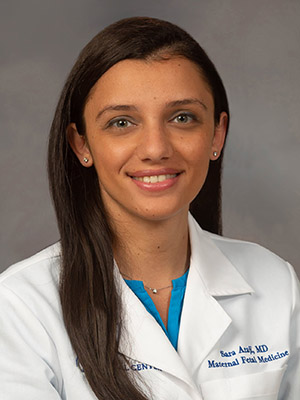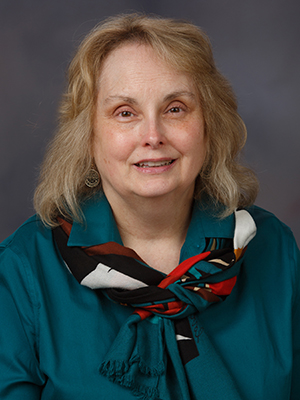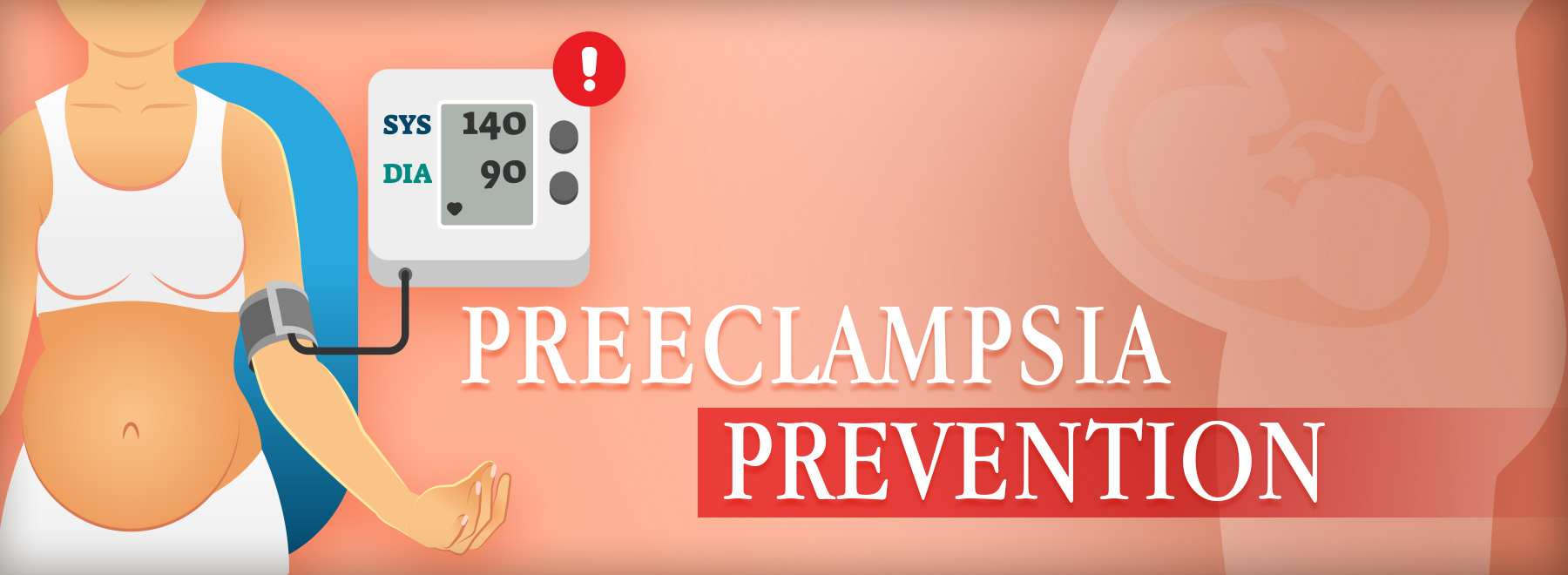UMMC specialists talk precautions with pregnancy, hypertension
Pregnancy comes with a lot of changes to your body: a growing belly, a growing baby. One thing that shouldn’t increase much is your blood pressure. If it does, it could be a sign of a problem.

Preeclampsia is new-onset high blood pressure diagnosed after 20 weeks gestation, said Dr. Sarah Araji, an assistant professor of obstetrics and gynecology at the University of Mississippi Medical Center.
The Centers for Disease Control and Prevention says that about 1 out of every 12 to 17 women in the United States have high blood pressure during pregnancy, making preeclampsia one of the most common complications. Mississippi has one of the highest rates of preeclampsia and it is one of the leading causes of pregnancy-related death in the state.
Unmanaged preeclampsia can also lead to eclampsia, or seizures. It can also cause a stroke or fetal death.
While people usually can’t tell if their blood pressure is high without having it measured, preeclampsia does have other warning signs.
Araji says pregnant patients should “watch out for new headaches that are not related to other conditions you may have and that do not respond to medication.”
Vision changes or abdominal pain, particularly the in the top right section of your abdomen, can also be symptoms.
“Patients should know that we don’t want them to sit on any of these symptoms. Report them to your doctors,” Araji said. “Ignoring them can lead to negative outcomes.”
The condition can also have serious effects on babies. Preeclampsia can limit fetal growth, which can lead to low birth weight.
The only way to treat effectively preeclampsia is to deliver the baby. However, pre-term birth has several risks. Babies born prematurely or with a low birth weight are more likely to require intensive care, are more vulnerable to infections, and are at increased risk for disabilities. Because of this, doctors and patients may decide on conservative management, where they try to maintain the pregnancy as long as possible.
“Doctors will carefully monitor blood pressure and fetal development, and depending on the severity of the condition, we may admit the patient to the hospital,” Araji said. “But whether they are inpatient or outpatient, delivery can still happen at any time.”
Preeclampsia is more common during twin or other multiple pregnancies, as well as pregnancies in younger and older patients. Health conditions like pre-existing high blood pressure, diabetes, kidney disease or lupus can also raise the risk of preeclampsia.
While there are few effective treatments, women and their doctors can take steps to reduce risk.
Araji said a low-dose daily aspirin can reduce the chances of developing preeclampsia. It decreases inflammation of blood vessels like those connected to the placenta, which scientists think is a major contributing factor to preeclampsia.
In addition, the same prevention strategies for general high blood pressure can also prevent preeclampsia. These include a healthier diet, light to moderate exercise, weight loss, and avoiding tobacco products.
Doctors and scientists think preeclampsia is the result of inflammation, decreased blood flow to the placenta and immune response. And a good part of that knowledge is thanks to decades of research done at the Medical Center.

“We’re a world-renowned department known for our work and preeclampsia,” said Dr. Barbara Alexander, Billy S. Guyton Distinguished Professor in the Department of Physiology and Biophysics.
UMMC has the highest level of National Institutes of Health funding for pre-clinical preeclampsia research in the U.S., said Alexander, who studies the effects of maternal high blood pressure on offspring.
Some other UMMC research covering preeclampsia and maternal high blood pressure include:
- Pre-clinical research on HELLP syndrome (hemolysis, elevated liver enzymes and low platelet count), a serious preeclampsia-related condition
- Research on the progression to eclampsia
- The Mississippi Center of Excellence in Perinatal Research, which supports studies of preeclampsia and other maternal-fetal health conditions
- A U.S. patent for a technique to give medicines in a way that either target or avoid the placenta, which could expand treatment options
- Clinical trials on interventions for severe preeclampsia and mild chronic hypertension in pregnancy and severe preeclampsia
UMMC is also known for its fellowship program in maternal-fetal medicine, which trains obstetricians and gynecologists like Araji in specialized skills to both study and treat preeclampsia and other health conditions.
However, Araji says that other physicians need to be aware of preeclampsia and its long-term effects. Women with a history of this condition have a higher lifetime risk of cardiovascular diseases.
“After pregnancy, these patients need close follow-up,” she said. “We need their primary care providers to be aware of the risks of high blood pressure, heart attack and stroke after preeclampsia.”
UMMC’s Department of Obstetrics and Gynecology provides pregnancy and childbirth care, in addition to other women’s health services. Call (888) 815-2005 to request an appointment.
The above article appears in CONSULT, UMMC’s monthly e-newsletter sharing news about cutting-edge clinical and health science education advances and innovative biomedical research at the Medical Center and giving you tips and suggestions on how you and the people you love can live a healthier life. Click here and enter your email address to receive CONSULT free of charge. You may cancel at any time.



